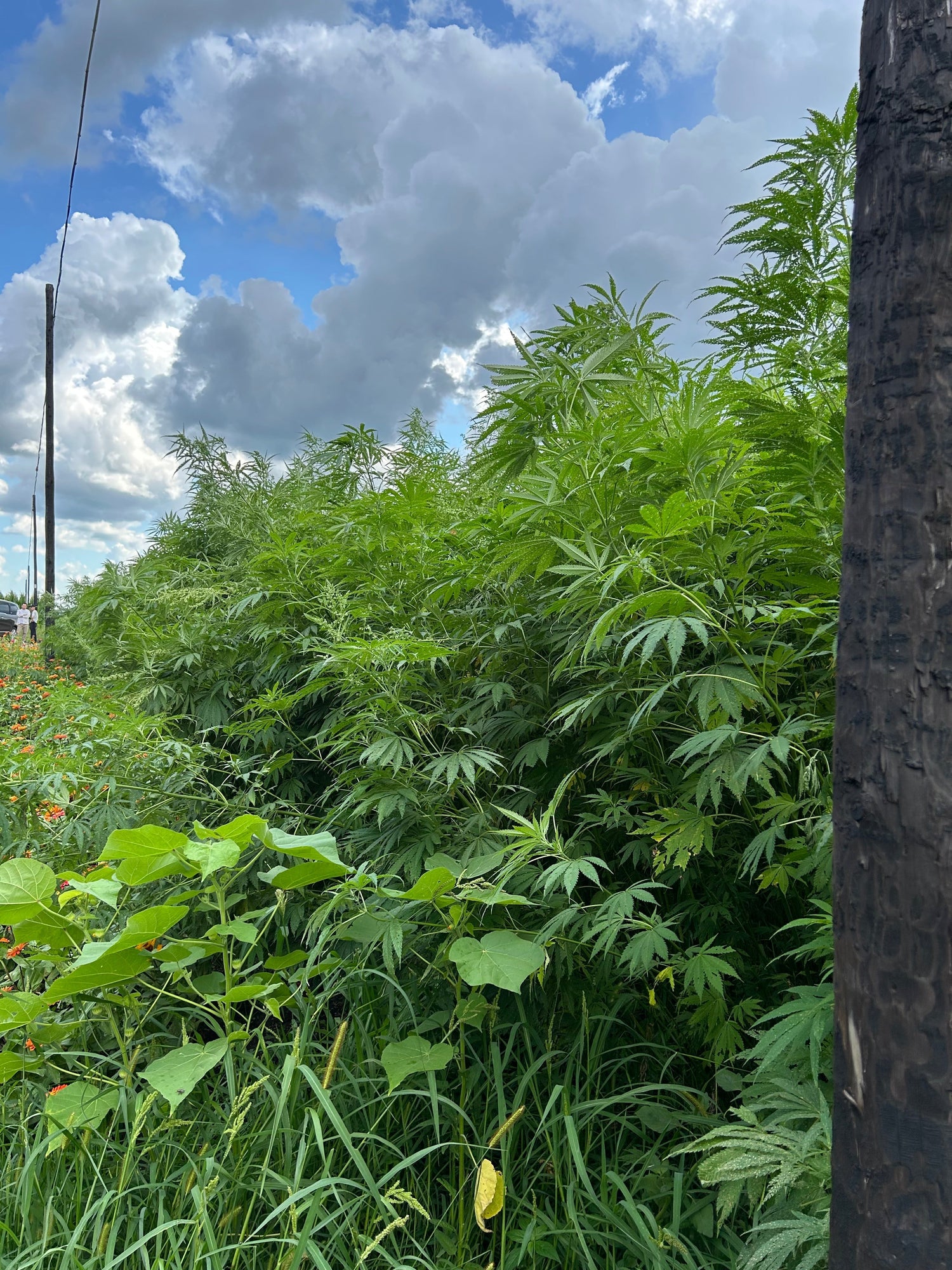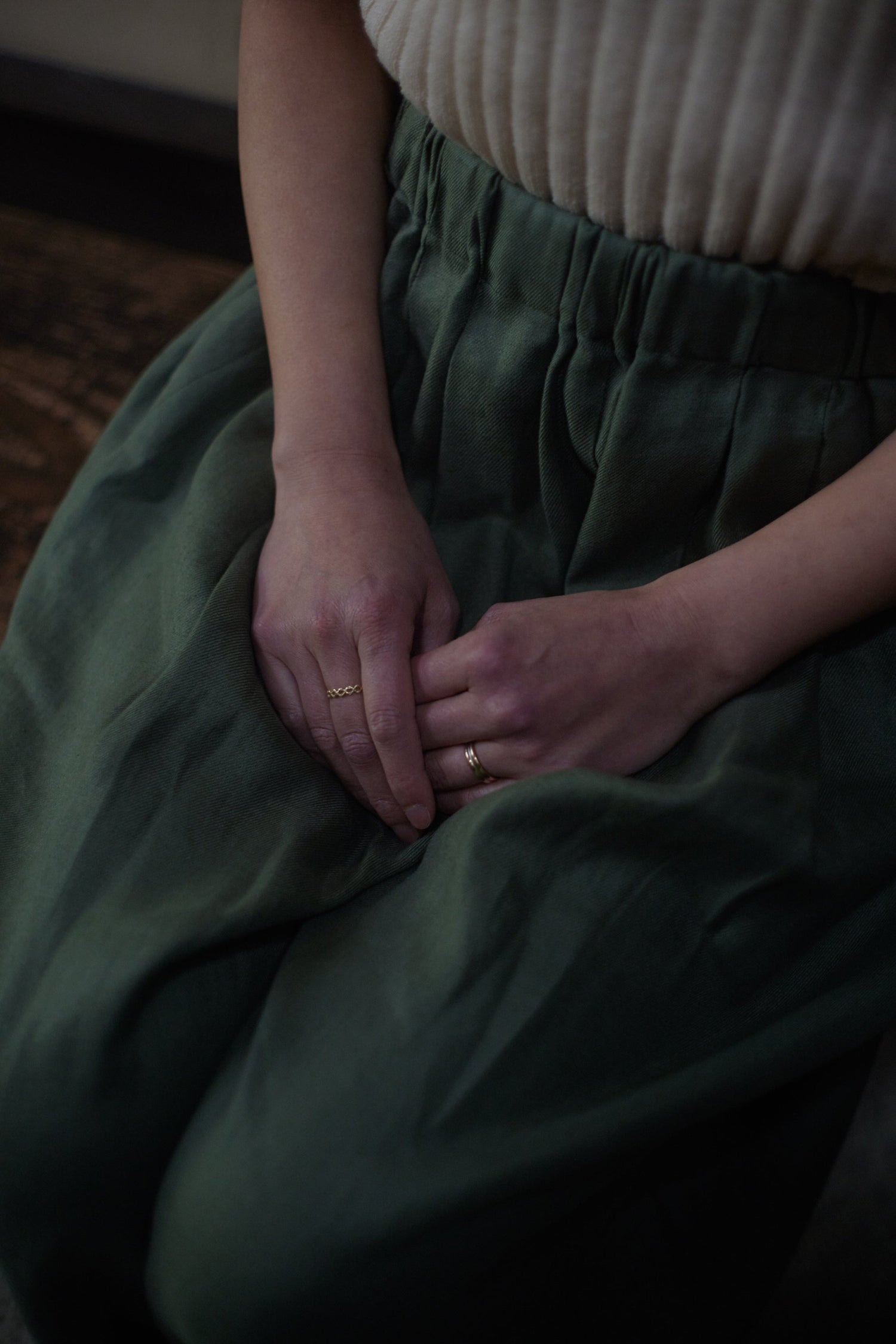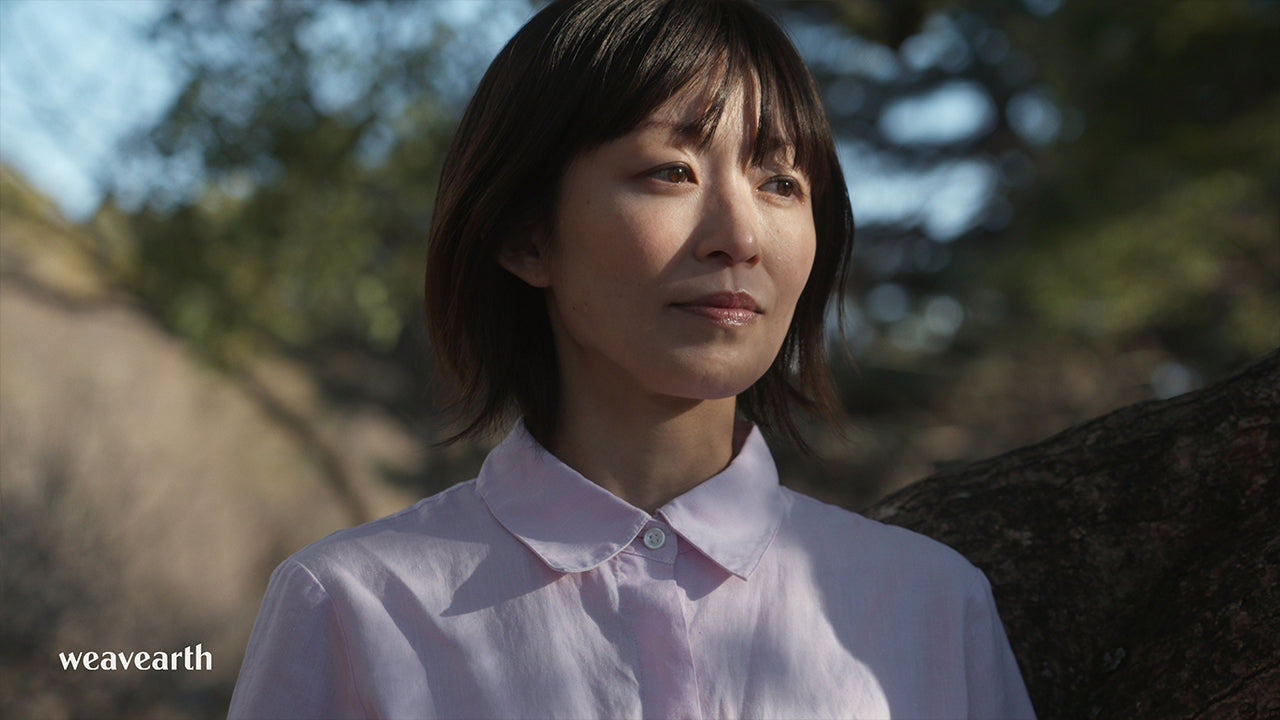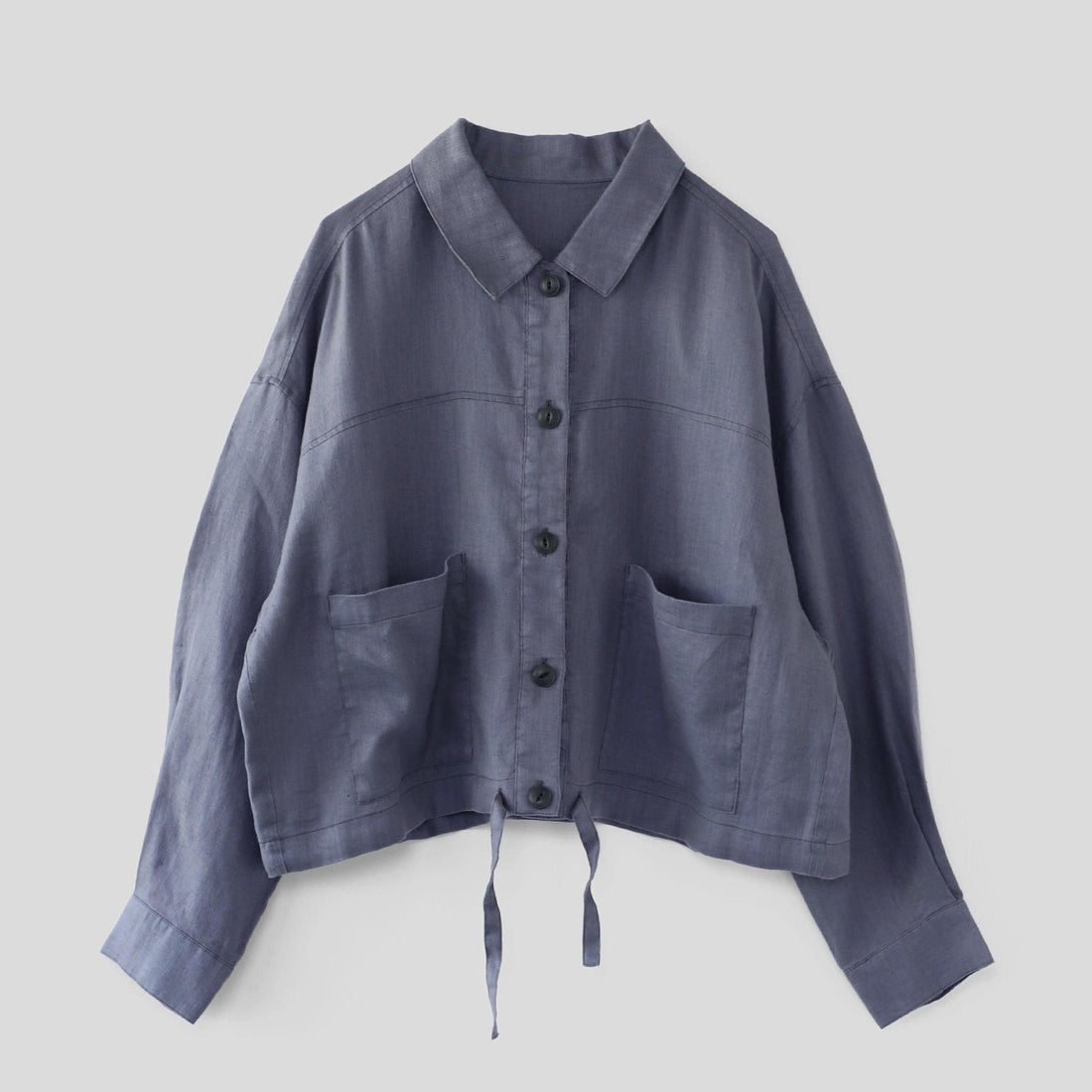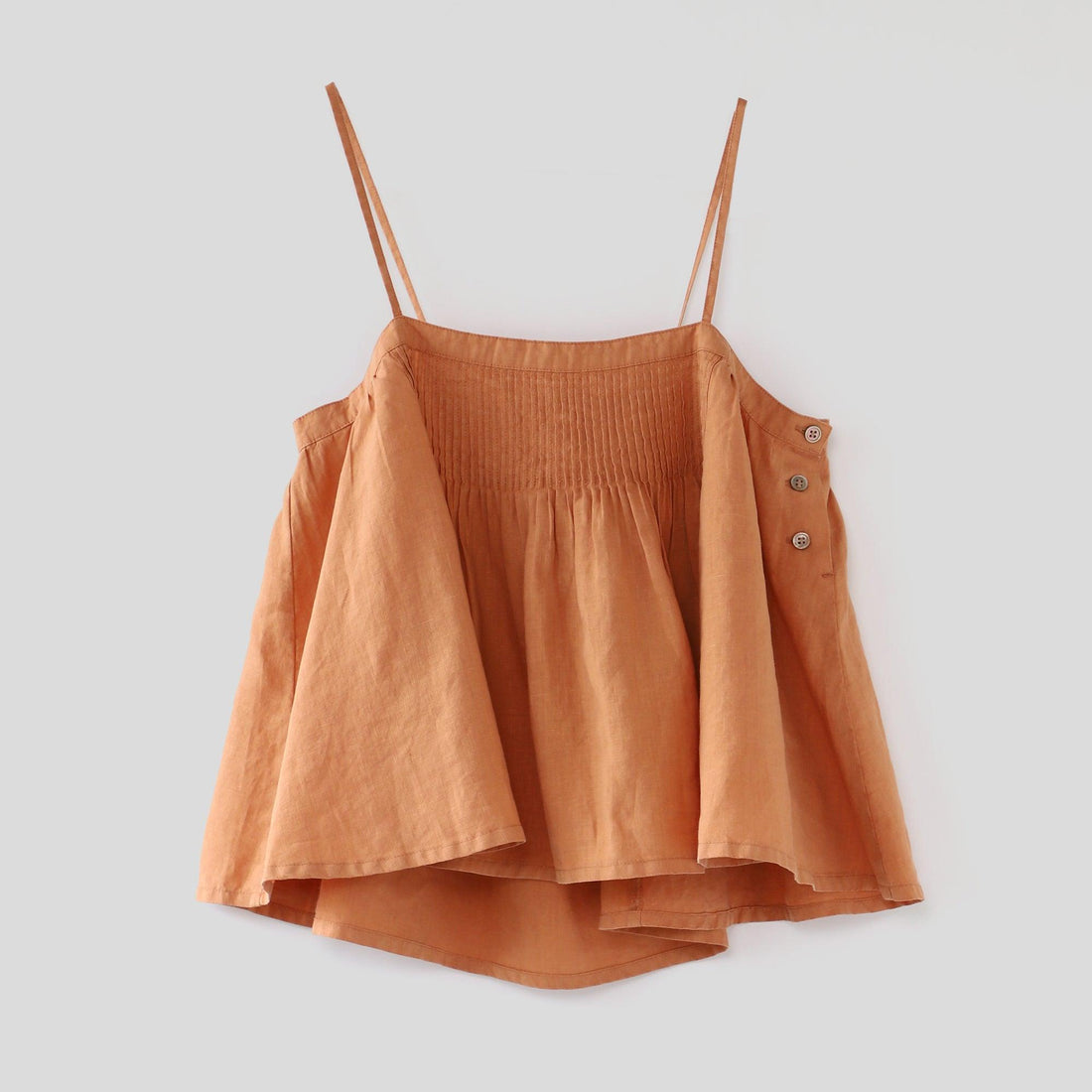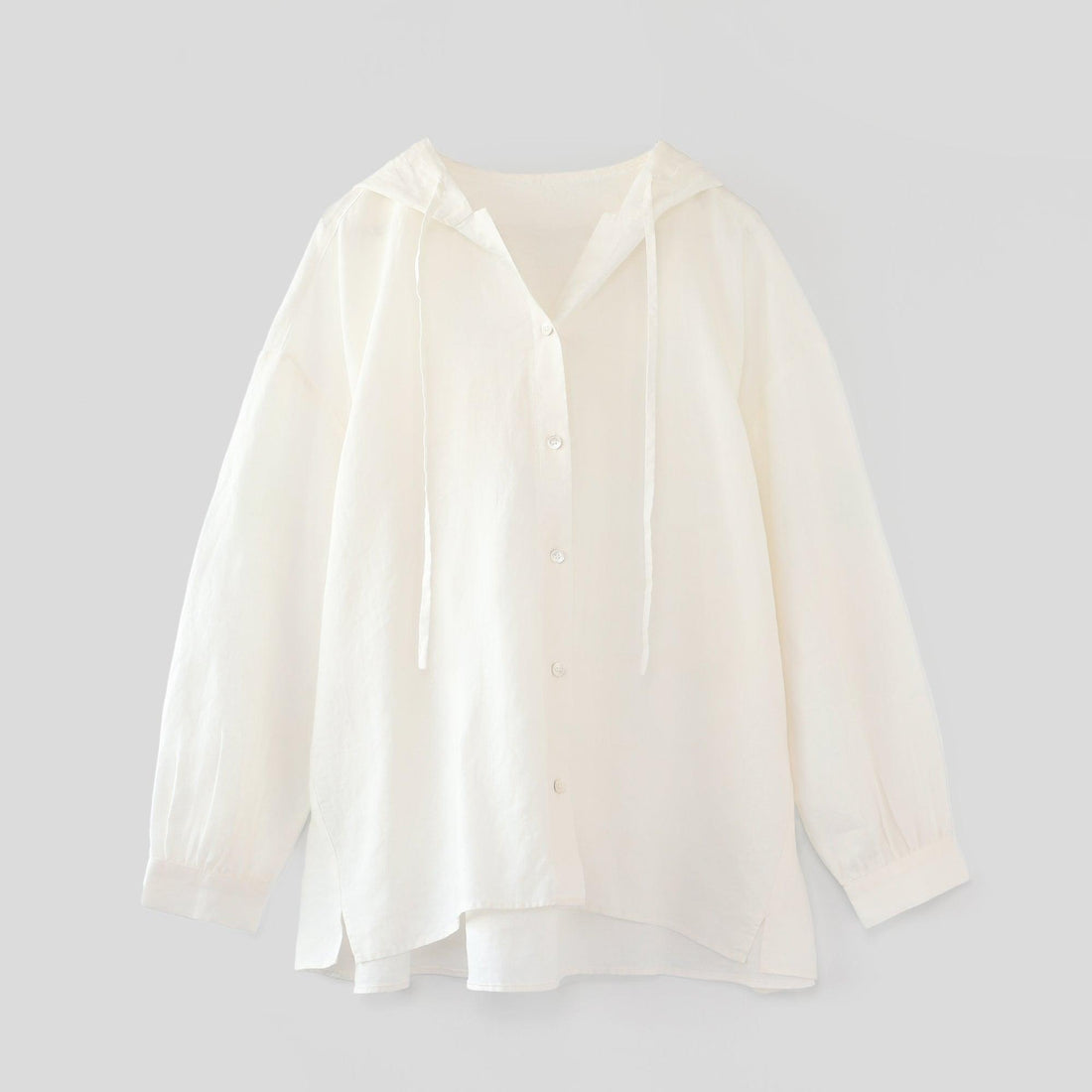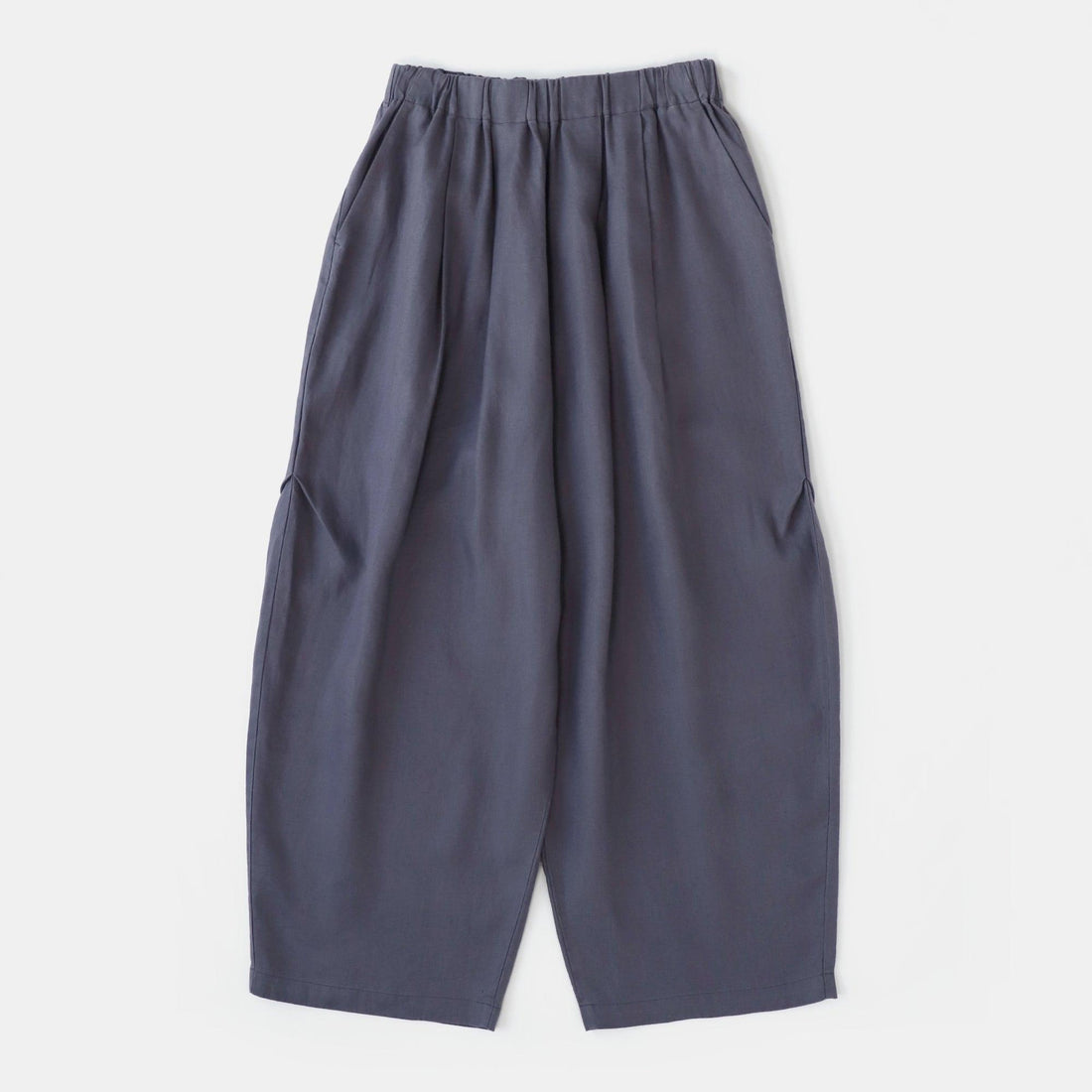The Inevitability of EPR Being Applied to Textile Products
In Europe, countries are working to establish legislation to impose Extended Producer Responsibility ( EPR ) on textile products.
EPR is an environmental policy in which the manufacturer takes responsibility for the entire life cycle of the product, from start to finish (including waste collection and disposal), and aims to promote reducing the impact of products on the environment. There is a movement underway to apply this to the fashion industry, which is driven by mass production, consumption, and disposal.

(The photo shows a vast hemp farm in Heilongjiang Province, China. Cultivation is also expanding in Europe.)
We feel that we share the same understanding of the current situation. As long as a system exists in which many one-way supplies (sales) are consumed and disposed of without responsibility, even products made from environmentally friendly fibers such as hemp will suffer the same results and will not be able to escape from the vicious cycle. Therefore, I think that EPR , which places "manufacturing responsibility" on manufacturers, will inevitably become a topic of discussion around the world. I think that this will be a major stepping stone to the circular economy.

The Philosophy of Generational Ownership
However, we believe that Generational Ownership should not be dismissed as an issue only for manufacturers. We want to transcend the divisions between "makers and users" and "sellers and buyers" and attempt to "pass on things" together as a harvest from the environment and the wisdom of people.
"Since I bought it, I can do what I want with it." We don't think like that. Human beings have lived by receiving "blessings" from the global environment in various forms as "harvested". Can we not think of it this way, as we are using things that no one would normally be able to own to enrich our lives?
The idea of EPR should not be stopped in the future, and I think it will continue to spread. However, I think we need someone who is not a traditional consumer. I hope that the Generational Ownership community will become a "nest" for such people.
Daitoh

